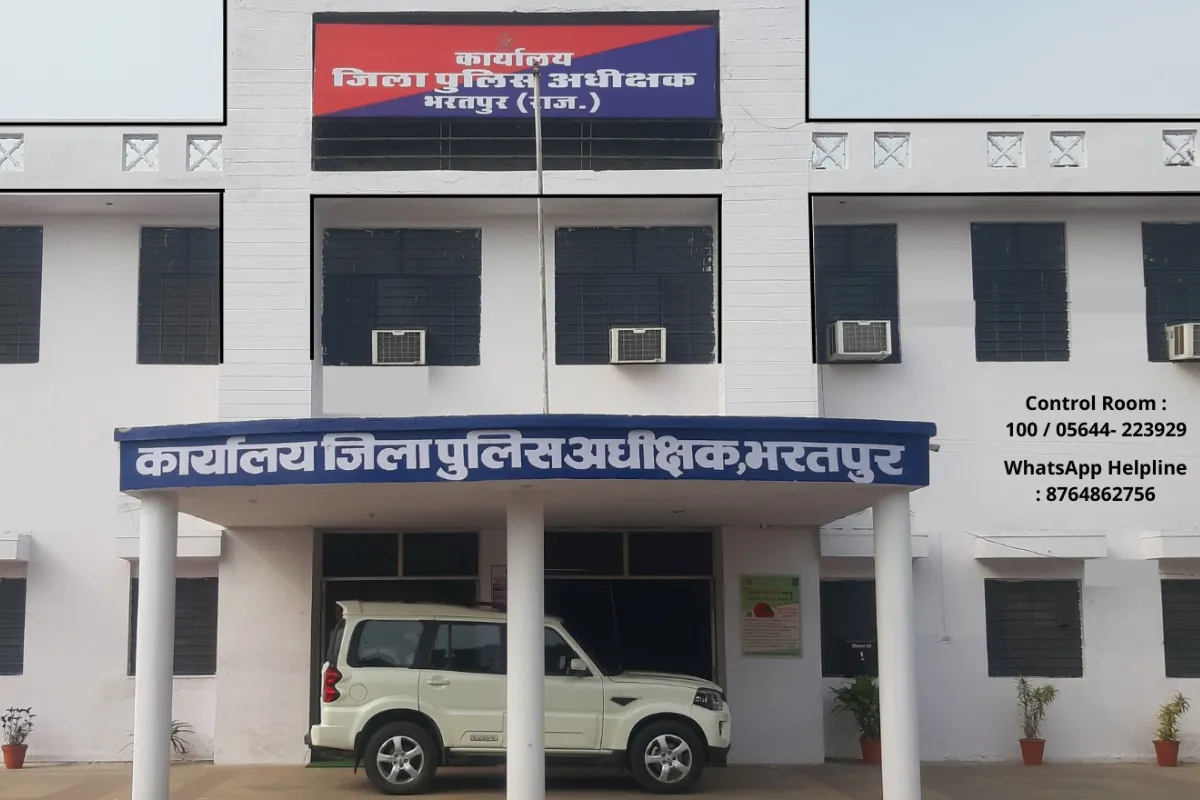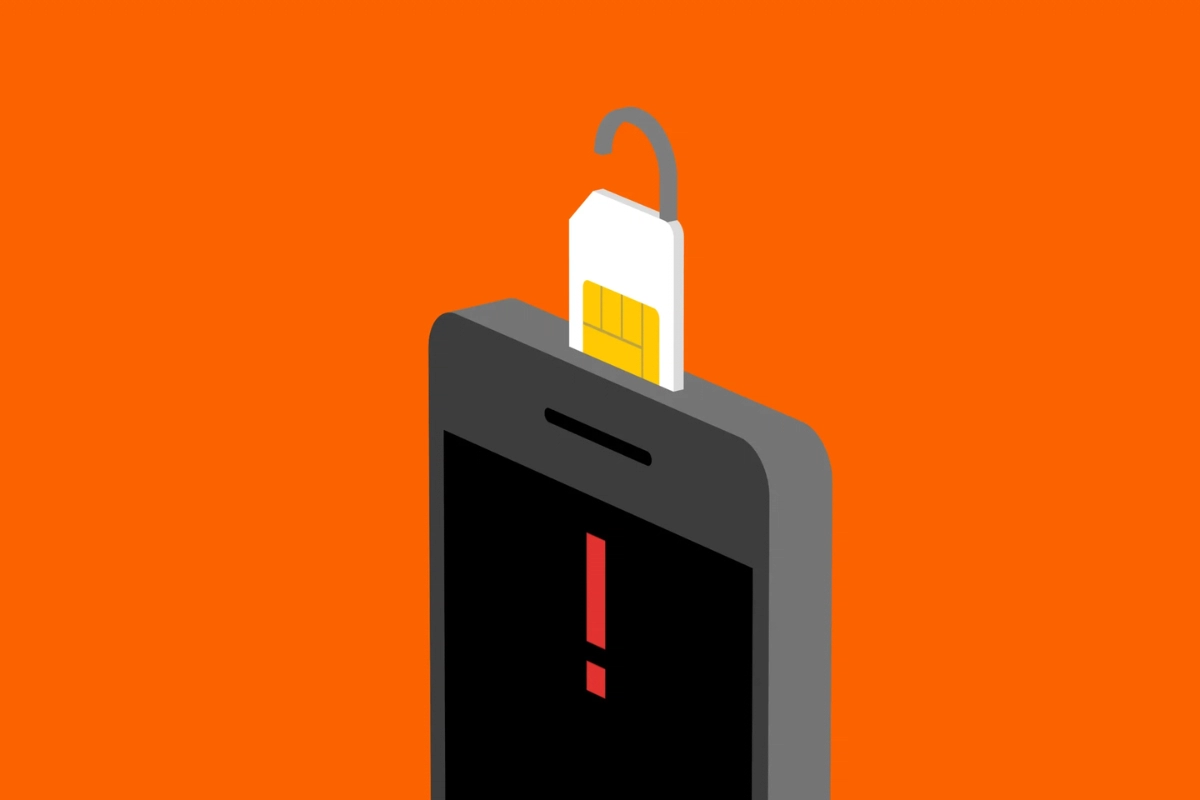India’s digital revolution has transformed how we manage our finances. Gone are the days of endless queues; net banking offers convenience and accessibility at our fingertips. But with this progress comes a lurking danger: net banking fraud. Every year, countless Indians fall prey to elaborate scams, losing hard-earned money to cunning digital predators. Today, we arm ourselves with knowledge, learning to unmask the tricks and build strong defenses against these online threats.
The Deceptive Landscape
Net banking scams come in various forms, each designed to bait unsuspecting users into divulging sensitive information or transferring money:
- Phishing: Emails or SMS texts disguised as legitimate bank communications lure you to click on malicious links or download malware. These links lead to fake websites that mimic your bank’s login page, capturing your credentials as you enter them.
- Vishing: Fraudsters impersonate bank officials over phone calls, spoofing caller IDs to appear as your bank’s number. They create a sense of urgency, claiming your account is compromised or offering lucrative investment schemes, and trick you into revealing personal details or authorizing transactions.
- Malware: Malicious software installed on your device can track your keystrokes, capturing your login credentials as you type them in your bank’s website. Public Wi-Fi networks are particularly risky for malware infections.
- Social Engineering: Scammers exploit social media platforms or personal connections to gain your trust, then manipulate you into sharing financial information or making unauthorized transfers.
Building Your Defenses
Staying informed and adopting cautious online behavior are your best weapons against these scams:
- Never click on suspicious links or download attachments from unknown senders, even if they appear to be from your bank.
- Verify the sender’s email address and phone number before responding to any communication claiming to be from your bank.
- Always access your bank’s website directly by typing the correct URL in the address bar, instead of clicking on links in emails or messages.
- Beware of unsolicited calls or messages offering immediate rewards or urging you to take urgent action.
- Do not share your bank account details, PIN, or OTP with anyone, including over phone calls or emails.
- Use strong and unique passwords for your net banking accounts, and enable two-factor authentication (2FA) for added security.
- Be cautious when using public Wi-Fi networks for net banking transactions.
- Regularly monitor your bank statements and report any suspicious activity immediately.
Remember, your bank will never ask for your sensitive information via email, SMS, or phone calls. If you suspect a scam, report it to your bank and relevant authorities immediately.
Your Rights as a Victim
Being a victim of net banking fraud can be overwhelming, but you have rights and protections under Indian law:
- Right to Information: You can request details about any transaction or activity in your account from your bank.
- Right to Dispute: You can dispute any fraudulent transactions and hold your bank accountable for negligence.
- Right to Compensation: If the bank’s negligence contributed to the fraud, you may be entitled to full compensation for your losses.
- Right to Report: You can file a complaint with the Cyber Crime Cell or the Reserve Bank of India (RBI).
Staying Vigilant
As technology evolves, so do the tactics used by scammers. Staying informed about the latest scams and trends is crucial. Utilize resources like the RBI website, CyberDost, and CERT-In to stay ahead of the curve.
By remaining cautious, adopting secure practices, and knowing your rights, you can navigate the world of net banking safely. Remember, vigilance is your strongest weapon in the fight against online scams. Let’s make India’s digital revolution a secure one, where everyone can transact with confidence and peace of mind.
Keep watching our YouTube Channel ‘DNP INDIA’. Also, please subscribe and follow us on FACEBOOK, INSTAGRAM, and TWITTER












